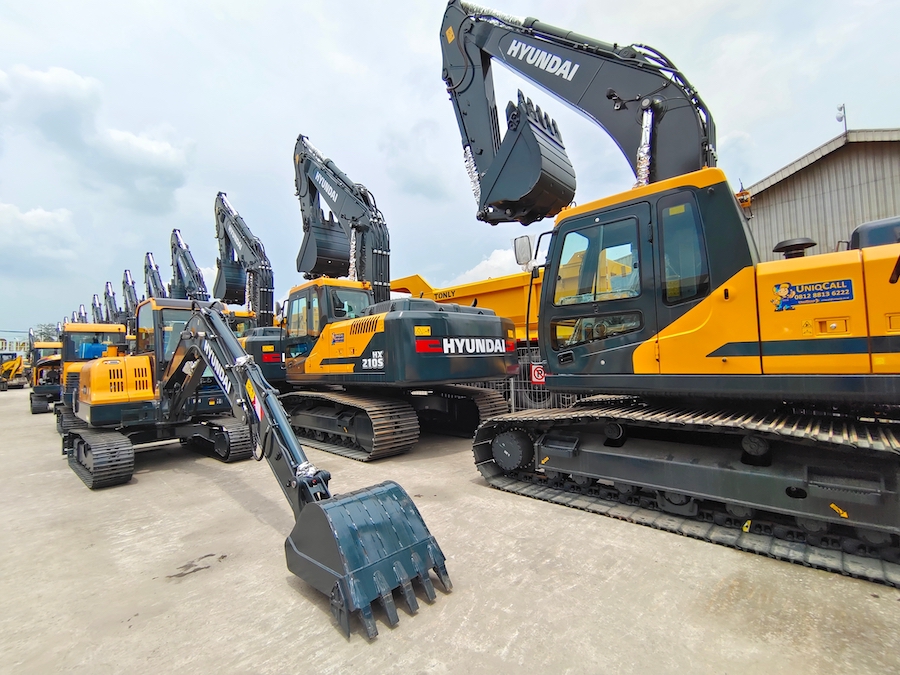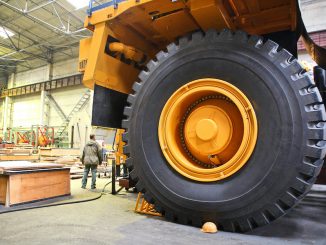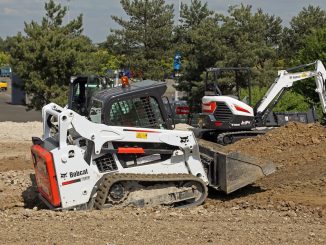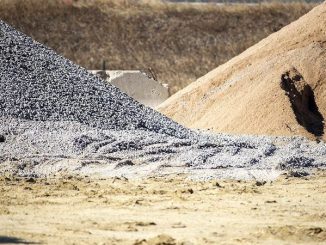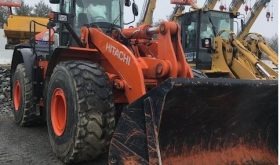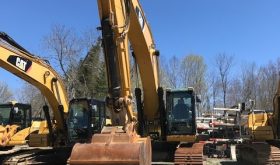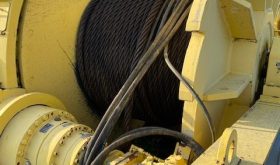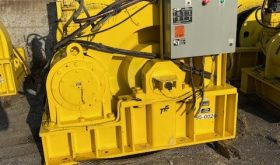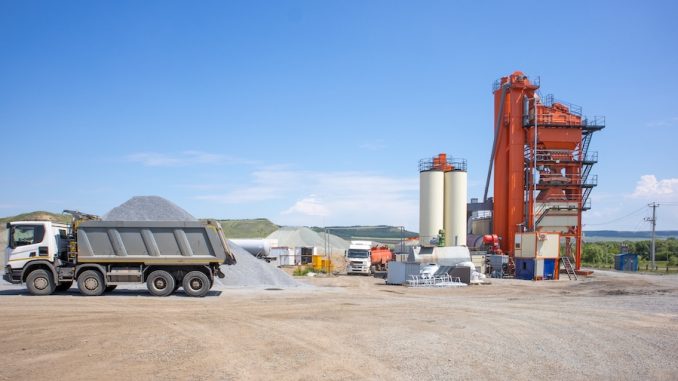
View the complete article here.
Asphalt is an important component of many roads and infrastructure projects. It can be used to create a stable surface for vehicles and pedestrians, as well as forming the base layer of a road.
This means that if you’re in charge of a construction project that will require asphalt, it’s important to know everything about the different types of asphalt plants available before making a purchase.
In this article, we’ll outline the key factors you need to consider when choosing an asphalt plant.
So, whether you’re a beginner or an experienced contractor, keep reading for insights on what to look for!
Are Asphalt Plants Profitable?
Asphalt plants can be a profitable enterprise, although it is important to plan carefully before investing in one. Depending on the size and operational costs, the net profit from an asphalt plant might be more than expected.
Supplying a range of construction needs like paving services for roads, airports and parking lots can help keep business humming year-round.
Once you understand how to accurately track expenses, maximize efficiency, and integrate new technology into plant operations, you may find yourself with a consistent cash flow that pays off good returns in the long term.
Of course, factoring in local environmental regulations and zoning laws into your planning will also guarantee your success.
How Much Does an Asphalt Plant Cost?
The cost of an asphalt plant will vary depending on what type of plant it is, and other factors such as size and capacity. Generally speaking, however, they tend to be quite expensive due to the amount of equipment needed — such as furnaces, conveyors, drums, loaders and more.
You may find that an asphalt plant can still potentially be a great investment if you shop around for a good deal from reliable suppliers. On average, you can pay anywhere between $100,000 all the way up to $4 million or more.
Although these machines are pricey upfront, their efficiency in mixing up asphalt materials into superior-quality products can make them well worth your money in the long run!
What are the Two Types of Asphalt Plants?
If you’re in the market for an asphalt plant, it is important to understand the differences between the two main types available: drum mixing plants and batching plants.
Each one has its own distinct advantages and disadvantages, so it is important to understand which one will best suit your needs. Let’s take a look at the key features of each type.
Drum Mixing Plants
Drum mixing plants are capable of producing high-quality asphalt mixtures at a rapid rate with less fuel consumption, as well as producing lower emissions than other types of asphalt plants. The ability to produce higher-quality asphalt with less fuel consumption makes drum mixing plants an attractive option for those looking for a cost-effective solution.
Also, drum mixing plants are much simpler to operate compared to batching plants, meaning there is less training necessary for personnel who will be operating them on a regular basis.
The downside to this type of plant is that it can be more difficult to ensure quality control due to the continuous production process. This can lead to inconsistent results if proper oversight isn’t in place.
Batching Plants
Batching plants are great for those looking for precise control over their product output. These plants are designed around careful measurements and batch sizes that allow operators to have greater control over the final product quality and consistency.
Unlike drum mixing plants, batching plants do not produce asphalt continuously; instead, they produce batches of hot mix material that must then cool before they can be used in any application or paving job. This method allows operators to have more control over their product but also requires more time and resources than drum-mixing plants do.
Additionally, these systems require more training since they use more complicated processes with multiple components that must all work together correctly in order for them to function properly.
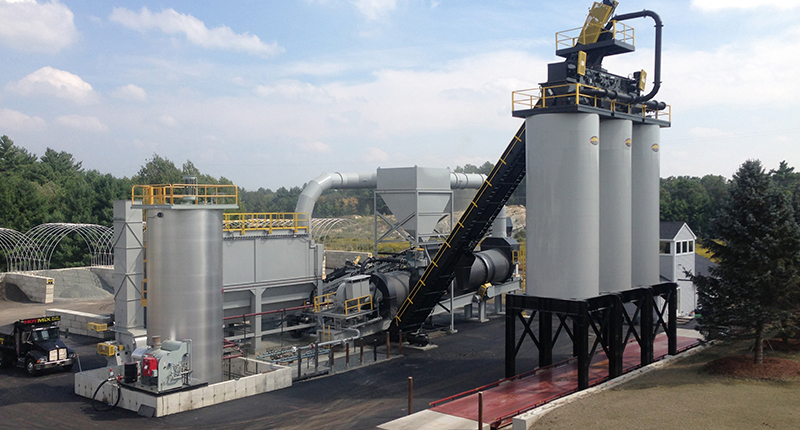
What to Consider Before You Buy an Asphalt Plant
Starting an asphalt plant is not a decision that should be taken lightly, as there are many aspects to consider. Here are some tips.
Decide Which Type and Style You Want to Buy
When it comes time to buy an asphalt plant, there’s a lot to decide on. Do you go for drum mixing or batching? Do you want mobile or stationary? And should you get used or new? It can all feel overwhelming but don’t fret – just break it down step by step.
First, figure out which type best serves your purpose, then research the styles that would work for you. After that, look into the market and get an idea of what’s available and used versus new.
What is the Size of the Equipment Needed?
Buying an asphalt plant is a major investment, so when you’re deciding what size of equipment you need, take your time and consider all the variables. Ask yourself:
- What types of projects are you undertaking?
- How much production capacity will you require per hour?
- How many hours do you want to be able to run it continuously?
Finally, determine how much space you have on the site. Depending on the answers to these questions, you can assess how large your asphalt plant should be.
Plant Components and Customization
If you’re considering buying an asphalt plant, there are many important components you’ll need to consider.
When weighing up your options, take into account the number and capacity of cold feed bins, the storage and regeneration system for hot mix asphalt, dust and pollution control devices, and the burner unit and its fuel system. Also think about potential options for adding reclaimed asphalt pavement (RAP), availability of spare parts and a computerized control panel for operation.
Most asphalt plants can be customized according to your needs too, so whether it’s standard or custom-made components you’re after, ensuring you get the top-quality machinery with all the necessary extras that run smoothly is essential before making your all-important purchase.
Don’t Forget to Factor in Transportation and Maintenance Costs
When buying an asphalt plant, remember to take into account more than just the up-front costs. You should also think about long-term expenditures such as transportation and maintenance.
Factoring in these additional fees can make all the difference when it comes to your bottom line.
When transporting an asphalt plant from one job site to the next, you’ll need to run multiple calculations for the cost of fuel, ensuring that your equipment is secured during transit and any necessary permits or special laws about hauling items that size – all of which can add up quickly.
Once you’ve gotten your new asphalt plant installed, consider adding a maintenance plan to time out necessary repairs and replacements – small investments like this could increase the lifespan of your machinery and help you avoid costly surprises down the road.
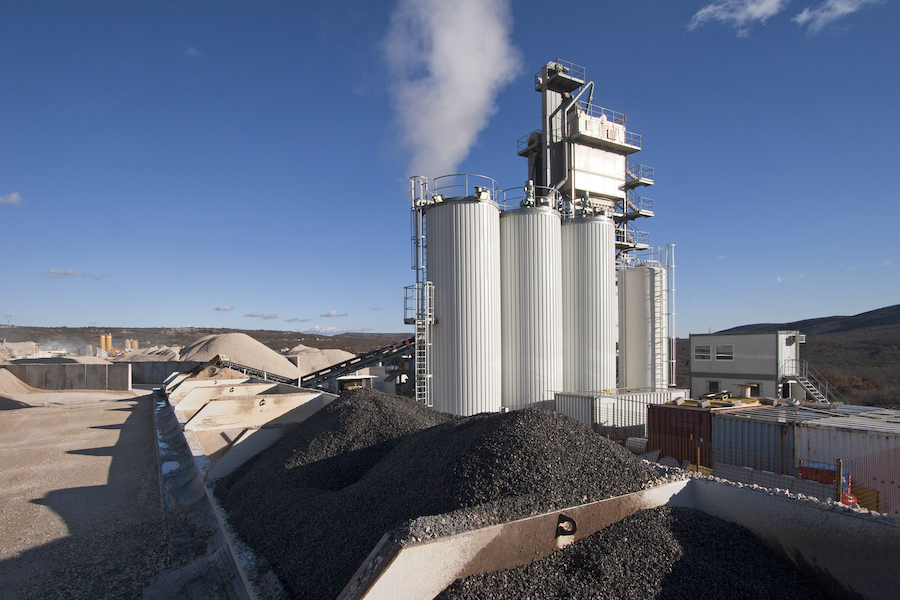
What Kind of Warranties and Manufacturer Support are Available?
When buying an asphalt plant, an important piece of the puzzle is warranties and manufacturer support. Make sure you’re clear on what kind of benefits package you can expect from your supplier.
Do they put their money where their mouth is when it comes to a guarantee?
Pay special attention to any spare parts available and the time frame for replacement parts for long-term business success. Don’t skimp when it comes to this step – you don’t want to overspend or purchase something without adequate coverage.
How Well are the Components Made?
When you’re looking to buy an asphalt plant, there are a lot of things you’ll want to consider.
One of the most important aspects is how well the components are made.
A dryer should have great design, allowing for maximum heat transfer, and be easy to maintain. Burning can be tricky – it’s imperative that it leads to complete combustion and limited fuel consumption, while still being easy to manage and safe to operate.
The weighing unit should come with load cells for bitumen, as well as a place to weigh aggregate, filler and other foreign materials separately.
If possible, get a mixer with pneumatic control, so mixing takes less time.
Finally, choose a good quality screen, fitted with horizontal decks, perfect inclination, and homogenous loading distribution in order for the inner design to take effect and produce high-performance results.
How Hard Will it be to Train Your Staff and Operators?
When buying an asphalt plant, it’s important to consider how hard it will be to train your staff and operators.
Without taking the time to properly train everyone who interacts with the plant, you could face potential setbacks due to under-informed or uneducated staff members.
Investing the resources upfront on training can often be the best way to prevent issues down the line; whether it’s making sure everyone is clear on safety protocols or understanding how to operate the more complicated components of the plant itself, having a knowledgeable team is key to success.
Common Mistakes to Avoid When Buying an Asphalt Plant
If you’re in the market for a new asphalt plant, you may be feeling overwhelmed by the number of options. It is easy to get caught up in what seems like a great deal of the coolest features, but it is important to take a step back and make sure that you are making the right decision for your needs. To help you out, here are four common mistakes to avoid when buying an asphalt plant.
Choosing the Wrong Equipment for Your Needs
It is important to make sure that the equipment you purchase fits your company’s needs. Do you need something portable or stationary? Does your location require certain certifications? Are there any special requirements or circumstances that you need to consider? Taking these factors into account will ensure that you get the best asphalt plant for your business and its projects.
Not Inspecting the Plant
It is essential to thoroughly inspect any asphalt plant before committing to it. This allows you to assess its condition and make sure it will meet your expectations before signing on the dotted line. Take advantage of this opportunity by doing things such as checking for rust or corrosion, testing out all of its functions, and making sure all safety measures are up-to-date.
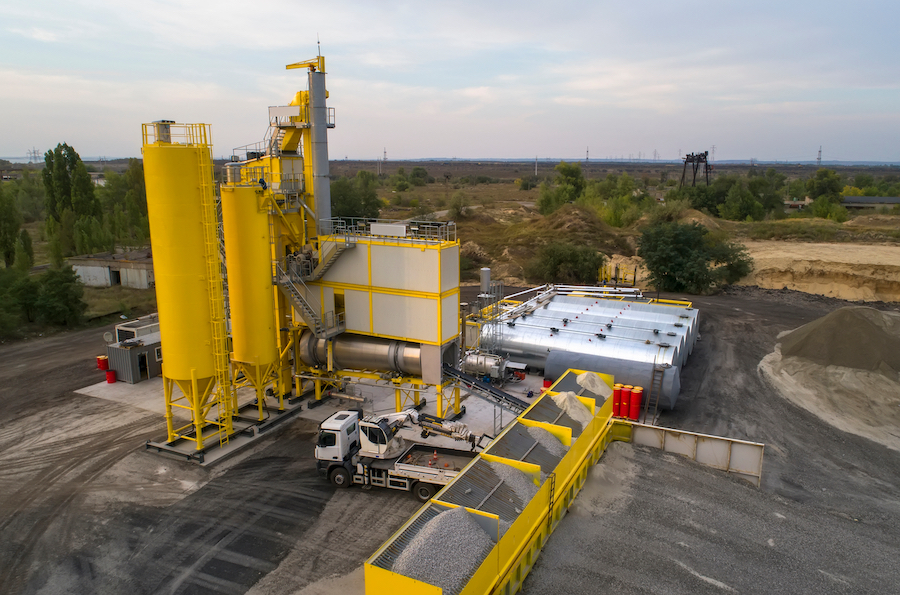
Not Understanding How the Plant Works and What Kind of Maintenance it Needs
You should also familiarize yourself with how an asphalt plant works and what kind of maintenance it requires before investing in one. This includes understanding which parts need regular upkeep, which components can easily be replaced if they break down, and which pieces require specialized attention from trained professionals.
Knowing this information ahead of time can help keep your costs low while ensuring that your plant runs smoothly with minimal disruption.
Getting an Asphalt Plant That is Too Big (or Too Small) for the Jobs
Finally, be mindful not to buy an asphalt plant that is either too big or too small for the jobs that your company takes on.
An overly large machine might seem like a good investment at first glance, but it could end up costing more than necessary when it comes time to maintain or operate it due to its complexity and size.
On the other hand, purchasing a machine that is too small won’t provide enough output for larger projects and could lead to delays in completing them on time. Be sure to plan ahead so that you end up getting just the right size for your needs!
Final Thoughts
Buying an asphalt plant can be a daunting task given all of the options available on today’s market; however, avoiding these four common mistakes can help ensure that you get just what you need without overspending or settling for less-than-ideal solutions.
Do some research beforehand so that you know exactly what type of equipment would fit best with your business’s needs and budget.
With these tips in mind, anyone can find their perfect asphalt plant in no time!
View the complete article here.
What are the key considerations before purchasing an asphalt plant?
Before purchasing an asphalt plant, you need to consider factors such as your specific needs, budget, and the type of plant that suits your project. Consider the size of the plant, the quantity and quality of asphalt you require, the plant's production capacity, and its ease of operation. Other considerations include the location and environmental restrictions, any necessary permits, and after-sales service.
What types of asphalt plants are available?
There are two main types of asphalt plants: batch plants and drum plants. Batch plants make asphalt in batches and are known for their flexibility in producing different mix designs within the same production run. Drum plants, on the other hand, make asphalt continuously and are more suited for large-scale production.




































